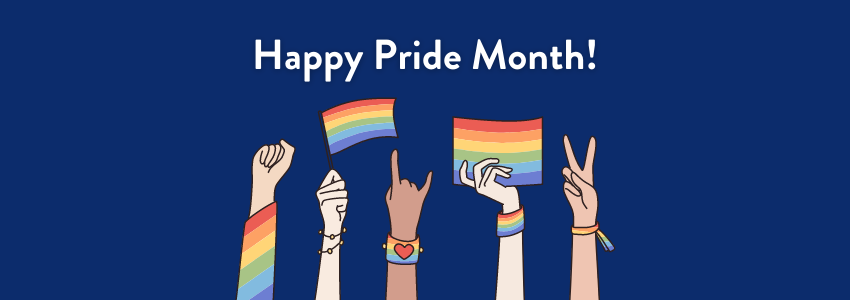- The U.S. Census Bureau’s Household Pulse Survey states that roughly 8% of the population in the United States, or about 20 million adults, identify as LGBTQIA+. Unfortunately, the LGBTQIA+ community faces a number of health disparities. They have less access to quality health care and often face worse health outcomes compared to their heterosexual counterparts. Discriminatory LGBTQIA+ legislation is associated with lower rates of Human Immunodeficiency Virus (HIV) testing and awareness. It also influences the cultural competence of health care providers and their ability to extend services and resources. Health disparities include, but are not limited to, increased risk for Sexually Transmitted Infections (STIs), mental health issues, substance abuse, eating disorders, suicide, homelessness, violence, lack of gender affirming care, and unintended pregnancies. Stigma also limits access to preventative medications. For example, pre-exposure prophylaxis (PrEP) lowers the risk of contracting HIV, and antiretroviral therapies reduce the viral load of HIV in the body. These medicines help people live a longer, healthier life.Continuum is striving to change the atmosphere for all individuals – regardless of sex, gender identity, or orientation (all year long!) . We wish a very happy and healthful Pride Month!For more information, check out these great organizations:
- The Trevor Project (LGBTQ Youth Suicide Prevention)
- LGBTQ Health Link
- The Association of LGBTQ+ Psychiatrists
- GLMA Health Professionals Advancing LGBTQ Equality (Find a provider!)
- The Fenway Institute
- Human Rights Campaign



